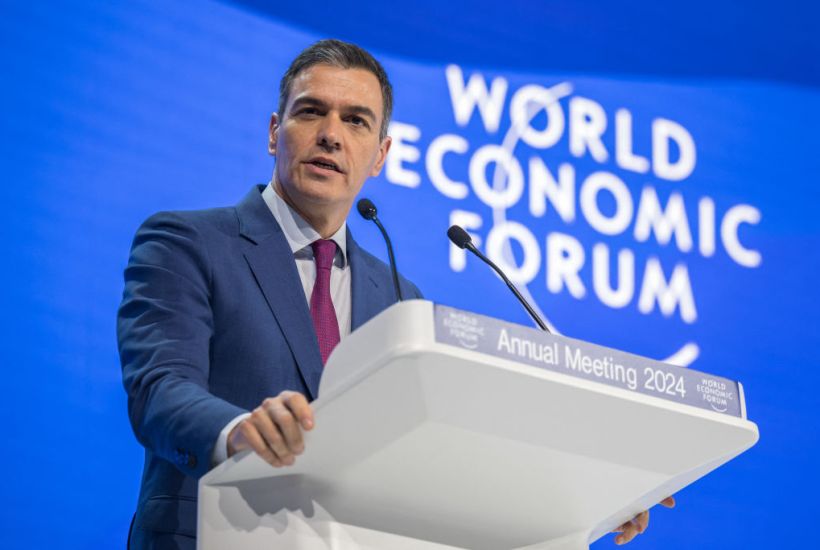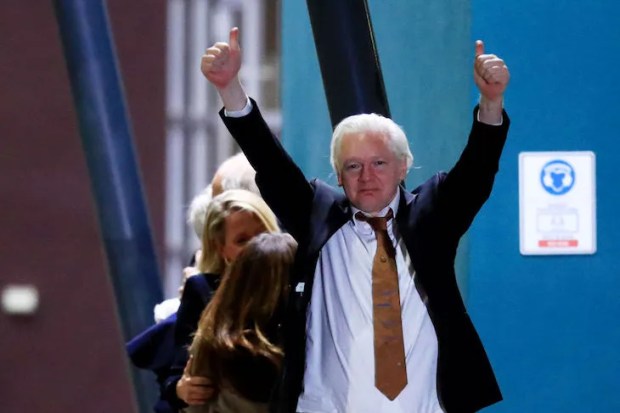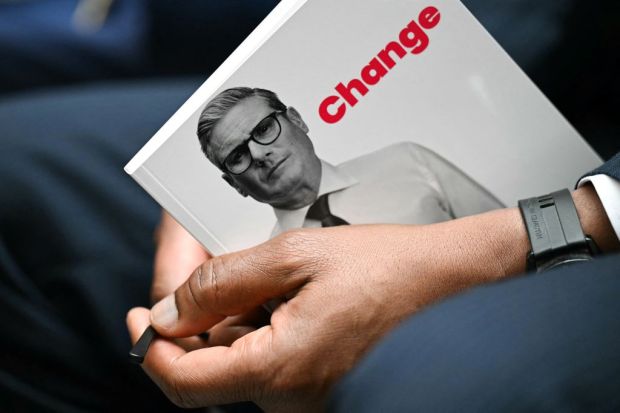Spain has approved a pointless amendment to its constitution, replacing the word ‘handicapped’ with the phrase ‘persons with a disability’. Not only did Socialist prime minister Pedro Sanchez, who never says sorry for genuine oversights, apologise for the delay in making this happen, but he also announced that he regards himself as having thereby paid a ‘moral debt’ to the country.
Already a subscriber? Log in
Subscribe for just $2 a week
Try a month of The Spectator Australia absolutely free and without commitment. Not only that but – if you choose to continue – you’ll pay just $2 a week for your first year.
- Unlimited access to spectator.com.au and app
- The weekly edition on the Spectator Australia app
- Spectator podcasts and newsletters
- Full access to spectator.co.uk
Or




















Comments
Don't miss out
Join the conversation with other Spectator Australia readers. Subscribe to leave a comment.
SUBSCRIBEAlready a subscriber? Log in